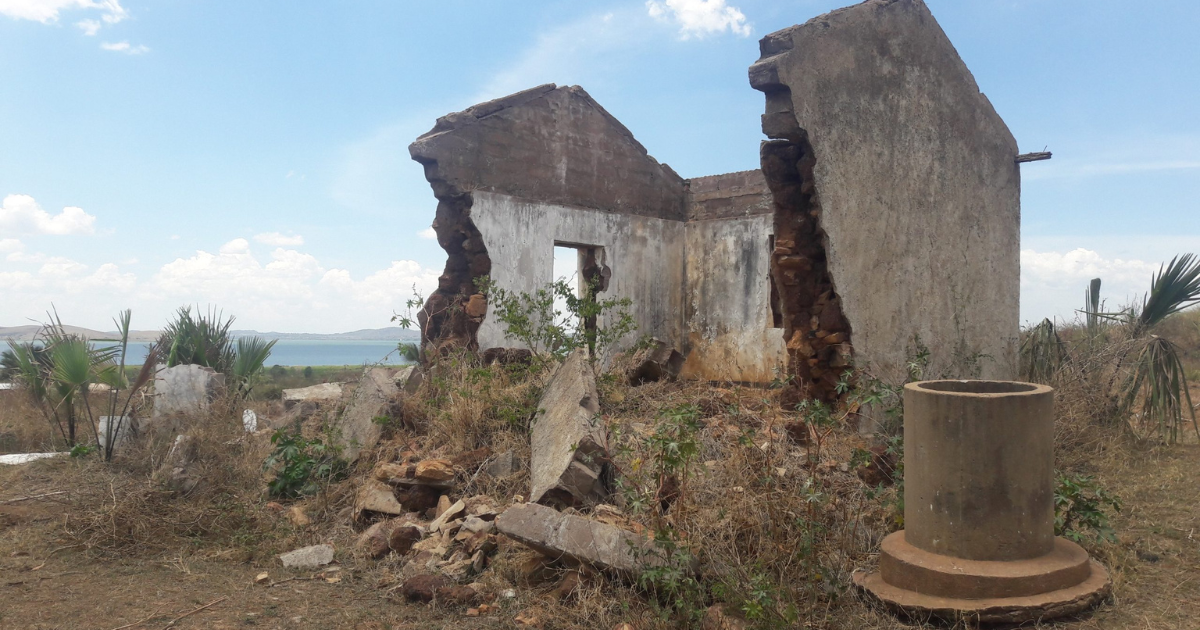
The Centre of International Studies (CEI-Iscte) at Iscte -University Institute of Lisbon (Portugal) announces the opening of 3 postdoctoral contracts in the area of African Studies or related fields.
The positions are offered in the context of the ERC Starting Grant “AfDevLives: The Afterlives of Development Interventions in Eastern Africa (Kenya, Tanzania, Mozambique)” (Ref. 101041788), a project hosted by CEI-Iscte and led by Dr. Yonatan N. Gez.
The announcements and respective application requirements for each position can be found below:
- 1 postdoctoral position to study the afterlives of development interventions with emphasis on space and mobility
- 1 postdoctoral position to study the afterlives of development interventions with emphasis on visual/graphic anthropology and art
- 1 postdoctoral position to study the afterlives of development interventions with emphasis on oral history, storytelling, and narratives
The application period is between 01 November and 31 December 2022.
In case of queries concerning the application process, please contact CEI-Iscte research manager Raquel Matoso Silva at recruitment.cei@iscte-iul.pt. In case of queries specifically related to the project’s scientific aspects, please contact AfDevLives’ PI, Dr. Yonatan N. Gez, at afdevlives@gmail.com.
About the project:
International development involves ideologies and activities ostensibly directed towards the improvement of well-being of populations in the Global South. Mainstream development interventions emphasize forward-looking ideas of progress and advocate for novelty. In so doing, however, the sector is often myopic, as evidenced by countless unintended consequences that stretch beyond interventions’ official life cycle. Whether deemed as success or failure, such interventions leave behind a long trail of tangible and intangible traces. Project AfDevLives explores how development interventions’ representational and material remains are experienced, utilized, and re-appropriated by local actors over time, and how such active immanence of the past affects people’s life-worlds. It weaves together three temporal gazes: prospective (development’s blueprints); retrospective (sediments of the past, shorthanded as interventions’ ‘afterlives’); and present-time lived experience. Consciously de-centering formal development discourse and temporalities, the project develops and applies a phenomenological framework oriented around the embodied interweaving of people, objects, and space. Using an interdisciplinary approach centered on social anthropology, research will be conducted in Kenya, Tanzania, and Mozambique, neighbouring Eastern African countries that are among the highest recipients of development aid and whose past and present hold both continuities and ruptures. The project will unfold via an iterative process involving four complementary work packages: Movement, Image, Storytelling, and Synthesis. Working across work packages, countries, and case studies, the project will pursue three categories of objectives: conceptual (methodological toolkit), empirical (based on extensive ethnographic fieldwork), and practical (aimed at the development sector, local heirs of interventions, and the public at large). The project will result in a robust set of outputs.
Additional references:
- https://blog.cei.iscte-iul.pt/erc-grant-yonatan-development-east-africa/
- https://erc.easme-web.eu/?p=101041788
- Gez, Yonatan N. 2021. “The Afterlives of International Development Interventions: A Site-Specific Approach.” Journal of Development Studies 57(9): 1511-1526
- Gez, Yonatan N., Fouéré, Marie-Aude, & Bulugu, Fabian. 2022. “Telling Ruins: The Afterlives of an Early Post-Independence Development Intervention in Lake Victoria, Tanzania.” The Journal of Modern African Studies: 1-26.
© Photo by Marie-Aude Fouéré | All rights reserved